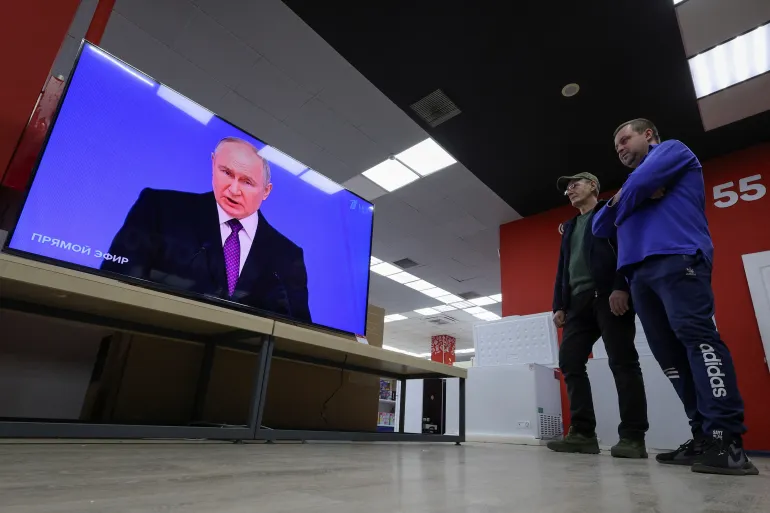In a world increasingly fraught with geopolitical tensions, recent developments have brought the specter of conflict into sharper focus. Reports of French President Emmanuel Macron’s commitment to bolstering Ukrainian defenses have been met with a stern warning from Russian President Vladimir Putin about the escalating risk of nuclear war. This blog post delves into the intricacies of this high-stakes diplomatic chess game, exploring the implications for global security, the ethical considerations at play, and the potential paths forward for international diplomacy. Macron’s Military
Macron’s Commitment to Ukraine
Strengthening Ties and Support
The decision by France to increase military support for Ukraine signifies a deepening involvement in the conflict and a firm stance on European security. This section will explore the motivations behind Macron’s commitment and the intended message to both allies and adversaries.
The Implications for NATO and EU Security
With France’s enhanced support for Ukraine, there are broader implications for NATO and European Union security dynamics. Analyzing the potential shifts in military strategy and alliance politics will be crucial in understanding the ramifications of this decision.
Putin’s Nuclear Warning
A Stark Reminder of the Stakes
President Putin’s warning about the risk of nuclear war serves as a stark reminder of the high stakes involved in the Ukraine conflict. This part of the post will examine the strategic reasoning behind such warnings and their impact on global security perceptions.
The International Response to Nuclear Threats
The international community’s response to the threat of nuclear escalation is a critical aspect of this situation. This section will discuss the mechanisms in place to prevent such an outcome and the diplomatic efforts to address these tensions.
Navigating the Ethical Minefield
The Morality of Military Support
Supporting Ukraine in the face of aggression raises complex ethical questions about the role of military aid in conflicts. This part will delve into the moral considerations that nations must weigh when deciding to provide such support.
The Ethics of Nuclear Deterrence
The use of nuclear threats in international diplomacy poses significant ethical challenges. Discussing the doctrine of nuclear deterrence, this section will explore the moral implications of relying on such a strategy.
The Path Forward for International Diplomacy
Seeking Peaceful Resolutions
In light of the heightened tensions, the importance of pursuing diplomatic solutions cannot be overstated. This section will outline potential pathways to de-escalation and the role of international institutions in facilitating dialogue.
The Role of Global Leadership
The current crisis underscores the need for strong global leadership. Analyzing the responsibilities of world leaders in navigating these perilous waters will be essential for understanding how to move towards a more stable and peaceful international order.
A World at a Crossroads
The confrontation between Macron’s support for Ukraine and Putin’s nuclear war warning represents a critical juncture for international relations. As the world watches closely, the decisions made by global leaders in the coming days will have profound implications for international security, the rule of law, and the future of global diplomacy. It is a moment that calls for careful consideration, ethical reflection, and a steadfast commitment to peace. Macron’s Military
Inspired by Al-Jazeera News and Rear More Articles Here, Read Previous Blog Also.
